News
-
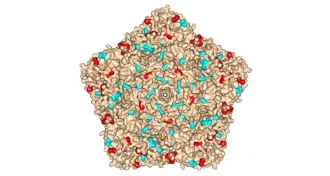 Health & Medicine
Health & MedicineVaccinated man excretes live poliovirus for nearly 3 decades
For almost 30 years, a man with an immune deficiency has been shedding poliovirus strains that have evolved from the version he received in a vaccine.
-
 Psychology
PsychologyPsychology results evaporate upon further review
Less than half of psychology findings get reproduced on second tries, a study finds.
By Bruce Bower -
 Physics
PhysicsHawking proposes solution to black hole problem
Light sliding along the boundary of a black hole encodes everything that ever fell inside, suggests Stephen Hawking in a new but incomplete proposal.
By Andrew Grant -
 Health & Medicine
Health & MedicineBlood test can predict breast cancer relapse
Blood tests for breast cancer DNA can predict relapse.
-
 Animals
AnimalsTwin pandas look forward to growth spurts
The surviving panda twin born at the National Zoo last weekend will undergo DNA tests to discover paternity.
By Meghan Rosen -
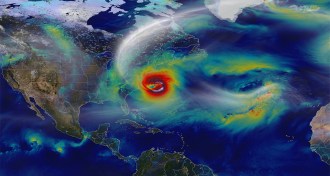 Climate
ClimateHurricane’s tiny earthquakes could help forecasters
Hurricane Sandy set off small earthquakes under its eye as it moved up the U.S. East Coast in 2012. The tiny tremors could help researchers track the behavior of future storms, researchers propose.
-
 Quantum Physics
Quantum PhysicsPhysicists get answers from computer that didn’t run
By exploiting the quirks of quantum mechanics, physicists consistently determined what a quantum computer would have done without actually running the computer.
By Andrew Grant -
 Anthropology
AnthropologyChilean desert cemetery tells tale of ancient trade specialists
Burial site holds clues to ancient trade brokers in Chilean desert.
By Bruce Bower -
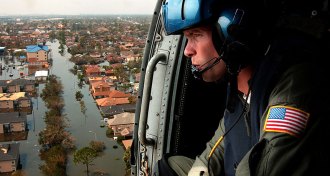 Climate
ClimateKatrina’s legacy: Refining hurricane forecasting
Ten years following Hurricane Katrina’s formation, the storm’s devastating legacy in New Orleans and beyond continues to drive storm forecast improvements.
-
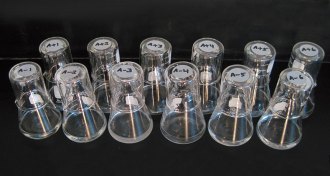 Life
LifeExtinction in lab bottle was a fluke, experiment finds
Extinction in a bottle was a random catastrophe, not survival of the fittest.
-
 Health & Medicine
Health & MedicineRecent advances may improve Jimmy Carter’s chances against melanoma
Improvements in melanoma treatment over the last five years may aid former President Jimmy Carter’s battle against the disease.
-
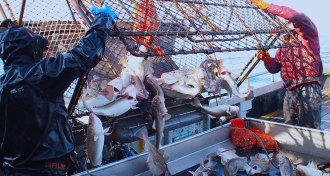 Animals
AnimalsSeeing humans as superpredators
People have become a unique predator, hunting mostly adults of other species.
By Susan Milius